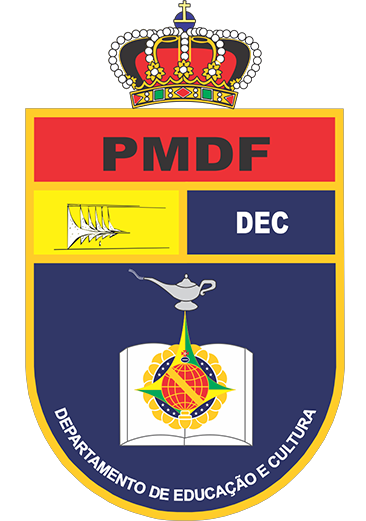ETHICAL LIMITS OF INTELLIGENCE ACTIVITY
DOI:
https://doi.org/10.59633/2316-8765.2022.252Abstract
The democratic state of law continued to have intelligence as an important tool for decisionmaking. However, as a way of guaranteeing individual rights and freedoms, internal and external control of this activity was required. Ethics are part of both internal and external control, especially carried out by the Joint Commission for the Control of Intelligence Activity (CCAI) at the federal level. The aim of this article is to discuss the ethical limits of intelligence activity. For this purpose, a review of the legal framework and the literature relevant to the subject was used. With this methodology, the aim is to know if the ethical precepts are defined in a clear and objective way in the legal and administrative rules of the intelligence agents of the Federal District Military Police’s. It appears that although there are rules governing the ethical control of intelligence activity, in general, this has been directly neglected, not all of them being found on the subject in the annals of the CCAI, with the same fundamentals aimed at being applied secondarily and indirectly all civil servants, leaving aside the specifications of
the intelligence services. Even in the face of the difficulty of direct standardization of the ethical control, this must be systematically included in the process of selection of intelligence agents.
Downloads
Published
Issue
Section
License
Este artigo está licenciado sob uma Licença Creative Commons. Com essa licença você pode compartilhar, adaptar, para qualquer fim, desde que atribua a autoria da obra, forneça um link para a licença, e indicar se foram feitas alterações.









